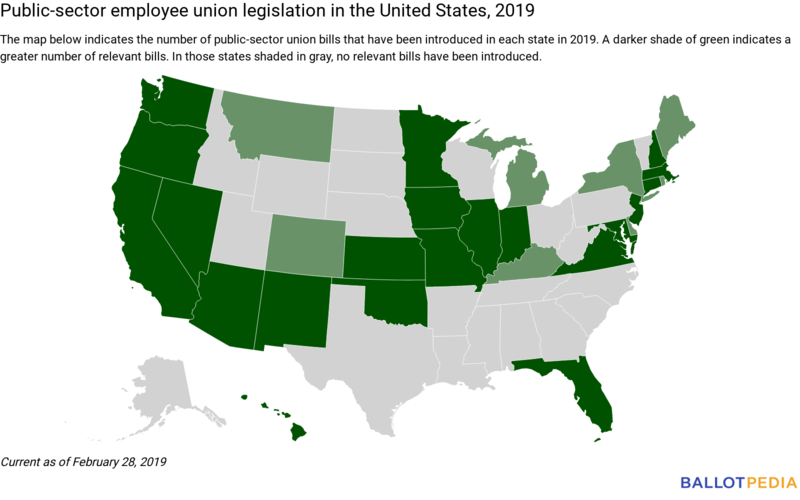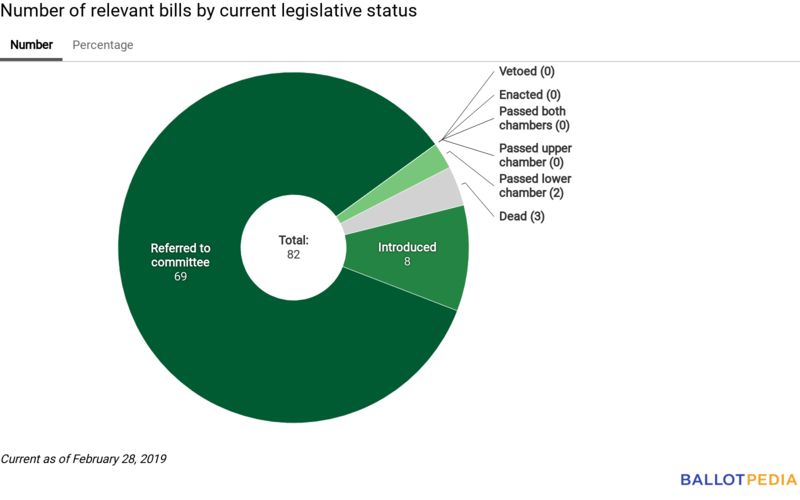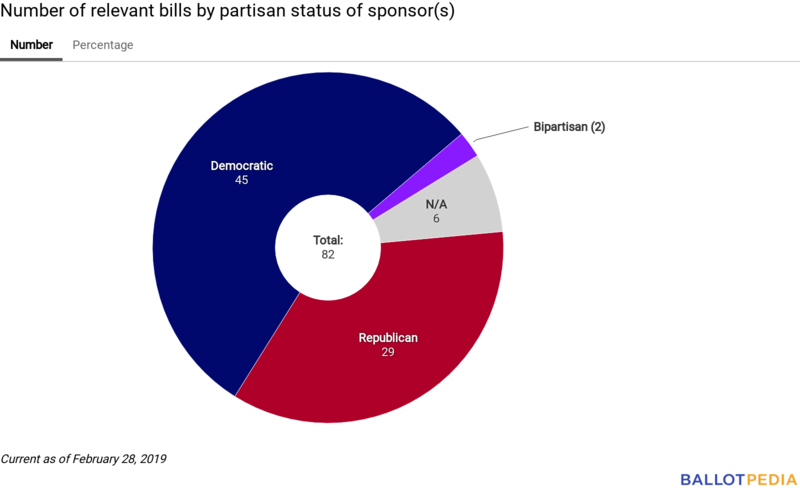Union Station: March 1, 2019
Welcome to Union Station, our weekly newsletter that keeps you abreast of the legislation, national trends, and public debate surrounding public-sector union policy. This week, we take a look at a recent federal appeals court decision in which the court rejected an exclusive representation challenge filed by child care providers in Washington.
Federal appeals court rejects exclusive representation challenge in Washington
On Feb. 26, a three-judge panel of the U.S. Court of Appeals for the Ninth Circuit found that a Washington state policy granting exclusive bargaining rights to a union does not violate workers' First Amendment rights. (Sources: Route Fifty, U.S. Court of Appeals for the Ninth Circuit)
- Who are the parties to the suit? The plaintiff is Katherine Miller, a child care provider. Miller does not work directly for the state, but rather through a state-subsidized program. Her attorneys are from the National Right to Work Legal Defense Foundation and the Freedom Foundation. The defendants include the Service Employees International Union Local 925 and several state officials. The case name is Miller v. Inslee.
- What is at issue? In 2006, the state authorized child care providers working under a state-subsidized program to select an exclusive representative for the purposes of collective bargaining. The workers chose Service Employees International Union Local 925. Workers are not required to join the union, but SEIU Local 925 has the exclusive right to represent this class of workers. Miller alleges this practice, in light of Janus, violates her First Amendment rights because it authorizes SEIU Local 925 to speak and negotiate on her behalf without her express consent.
- How did the court rule? The appeals court panel unanimously rejected Miller's argument, citing the Supreme Court's 1984 decision in Minnesota State Board for Community Colleges v. Knight. In Knight, the high court dismissed a suit from several Minnesota community college instructors that made an argument similar to Miller's. The high court held "the state has in no way restrained appellees’ freedom to speak on any education-related issue or their freedom to associate or not to associate with whom they please, including the exclusive representative."
- The appeals court panel was comprised Judges Susan P. Graber, M. Margaret McKeown, and Morgan Christen. President Bill Clinton (D) appointed both Graber and McKeown to the court in 1998. President Barack Obama (D) appointed Christen to the court in 2011.
The big picture
Number of relevant bills by state
So far this year, we are tracking 82 pieces of legislation dealing with public-sector employee union policy. On the map below, a darker shade of green indicates a greater number of relevant bills. Click here for a complete list of all the bills we're tracking. Click here for a complete list of all the bills we're tracking.
Number of relevant bills by current legislative status
Number of relevant bills by partisan status of sponsor(s)
Recent legislative actions
Below is a complete list of legislative actions on relevant bills since the beginning of the year. Bills are listed in alphabetical order, first by state and then by bill number.
- Connecticut SB00064: This bill would prohibit employers from requiring employees to participate in meetings concerning an employer's views of religious or political matters, including issues related to unions.
- Referred to Joint Committee on Labor and Public Employees Feb. 27.
- Illinois HB2636: This bill would establish the right of public employees to bargain independently with their employers.
- Referred to Labor and Commerce Committee Feb. 26.
- Maryland HB766: This bill would establish collective bargaining rights for community college employees.
- Hearing scheduled March 1.
- Maryland HB1143: This bill would establish collective bargaining rights for tenured and tenure-track faculty, graduate students, and adjunct faculty at select public institutions.
- Appropriations Committee hearing March 1.
- Massachusetts H2188: This bill would allow employers to require employees to pay a service fee to a union as a condition of employment.
- Referred to Joint Committee on Public Service Feb. 26.
- Massachusetts H2363: This bill would authorize unions to refrain from representing non-members.
- Referred to Joint Committee on Public Service Feb. 26.
- Massachusetts H2385: This bill would authorize employers to disclose personal employee information to unions.
- Referred to Joint Committee on Public Service Feb. 26.
- New Mexico HB85: This bill would authorize employers and labor unions to enter into agreements requiring employees to become union members as a condition of employment.
- Senate Public Affairs Committee hearing Feb. 28.
- Oklahoma HB2208: This bill would require school districts to hold certification elections for labor organizations.
- Referred to Rules Committee Feb. 27.
- Oregon HB3009: This bill would require public employers to provide unions with access to new employees. This bill would also permit individuals who are not union members to make payments in lieu of dues to unions.
- Referred to Business and Labor Committee Feb. 26.
- Oregon HB3072: This bill would allow employees to revoke authorizations for dues or fees deductions paid to unions.
- Introduced and referred to Speaker's desk Feb. 25.
- Oregon SB846: This bill would allow public employees to refrain from joining or paying dues to a union. It would also permit unions to refrain from representing employees who choose not to join or pay dues to the union.
- Introduced and referred to President's desk Feb. 26.
- Washington HB1575: This bill would declare that public employers and public-sector unions are not liable for claims involving agency fees paid to unions before Janus.
- Executive session in Appropriations Committee Feb. 26.
- Washington HB2017: This bill would establish collective bargaining rights for administrative law judges.
- Referred to Appropriations Committee Feb. 22.
- Washington SB5623: This bill would declare that public employers and public-sector unions are not liable for claims involving agency fees paid to unions before Janus.
- Placed on calendar for second reading by Rules Committee Feb. 26.
See also
| |||||||||||||||||||||||





